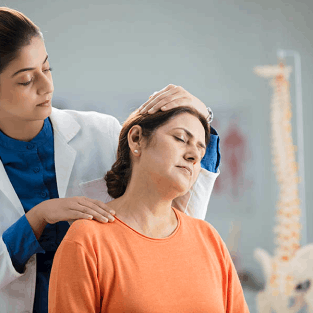Overview
Massage therapists play a vital role in promoting holistic wellness by providing a range of therapeutic benefits to their clients. One of the primary goals of massage therapy is to relax muscles and alleviate tension throughout the body. By employing various massage techniques, therapists can target specific muscle groups, releasing tightness and promoting a profound sense of relaxation. This relaxation not only feels pleasant but also helps to reduce stress levels, as massages have been shown to calm the nervous system and induce a state of tranquility and well-being.
Moreover, massage therapy is highly effective in improving circulation, which plays a crucial role in overall body function and healing. By enhancing blood flow to tissues and organs, massages facilitate the delivery of oxygen and nutrients while aiding in the removal of metabolic waste products. This improved circulation not only supports physical health but also contributes to mental clarity and vitality. Additionally, massage therapy can provide relief from pain associated with various conditions, including injuries, chronic ailments, or everyday discomfort. Therapists employ targeted techniques to address specific areas of pain, promoting pain relief and enhanced comfort for their clients.
Beyond physical benefits, massages offer a range of emotional and psychological advantages. The release of endorphins during massage sessions can uplift mood and promote a sense of well-being, helping clients feel more positive and emotionally balanced. Massage therapy also fosters a nurturing touch, providing clients with emotional support and a safe space for relaxation and self-care. Furthermore, massage therapists often work with individuals recovering from injuries or addressing posture issues, offering tailored treatment plans to support rehabilitation and improved physical alignment. Through their skillful touch and compassionate care, massage therapists contribute to their client's overall health and wellness, addressing both physical and emotional needs with each therapeutic session.
- Relaxing Muscles
- Improving Circulation
- Reducing Stress
- Relieving Pain
- Enhancing Flexibility
- Encouraging Better Sleep
- Boosting Mood
- Aiding in Injury Recovery
- Addressing Posture Issues
- Providing Emotional Support










